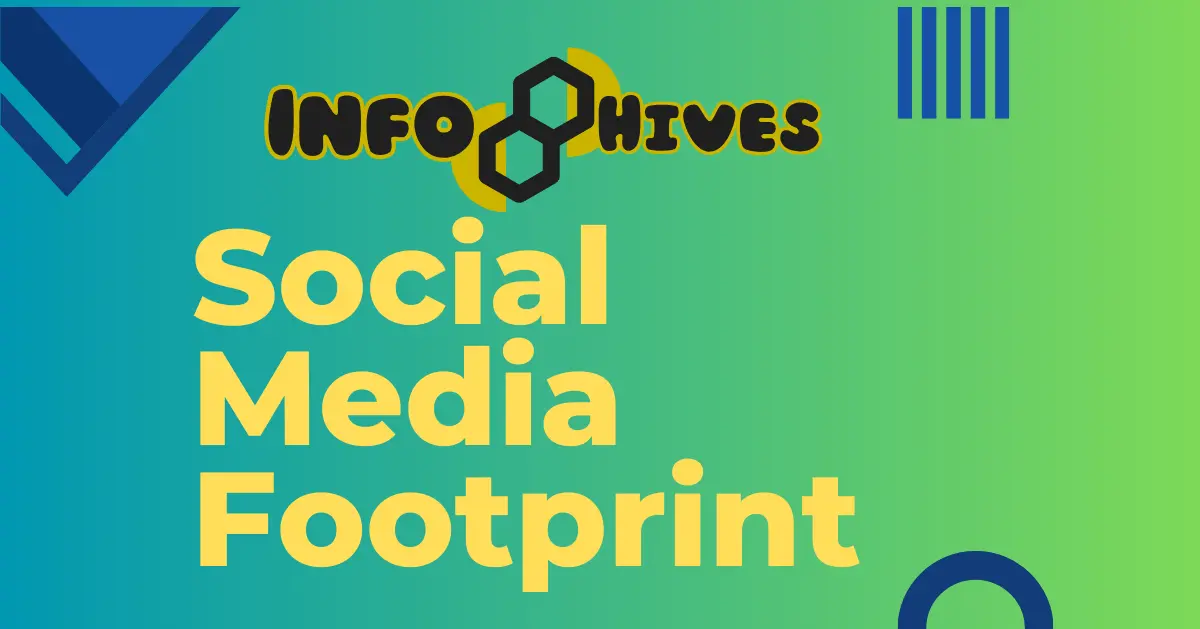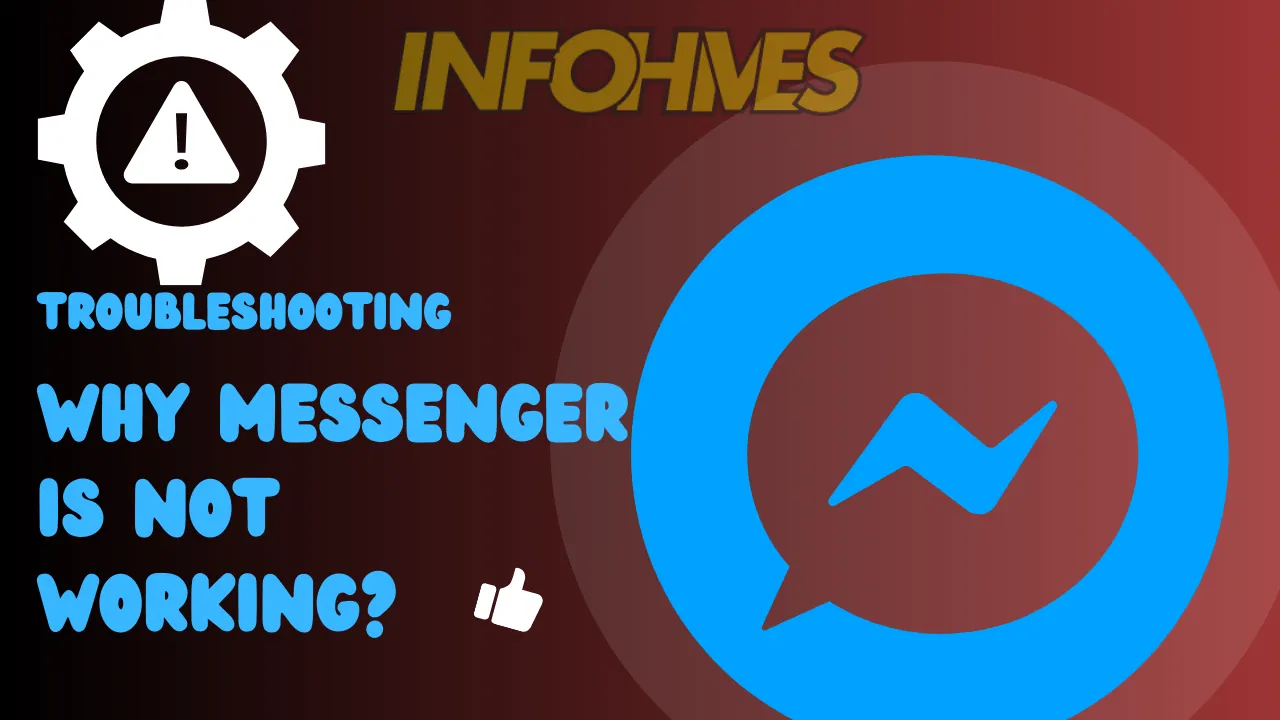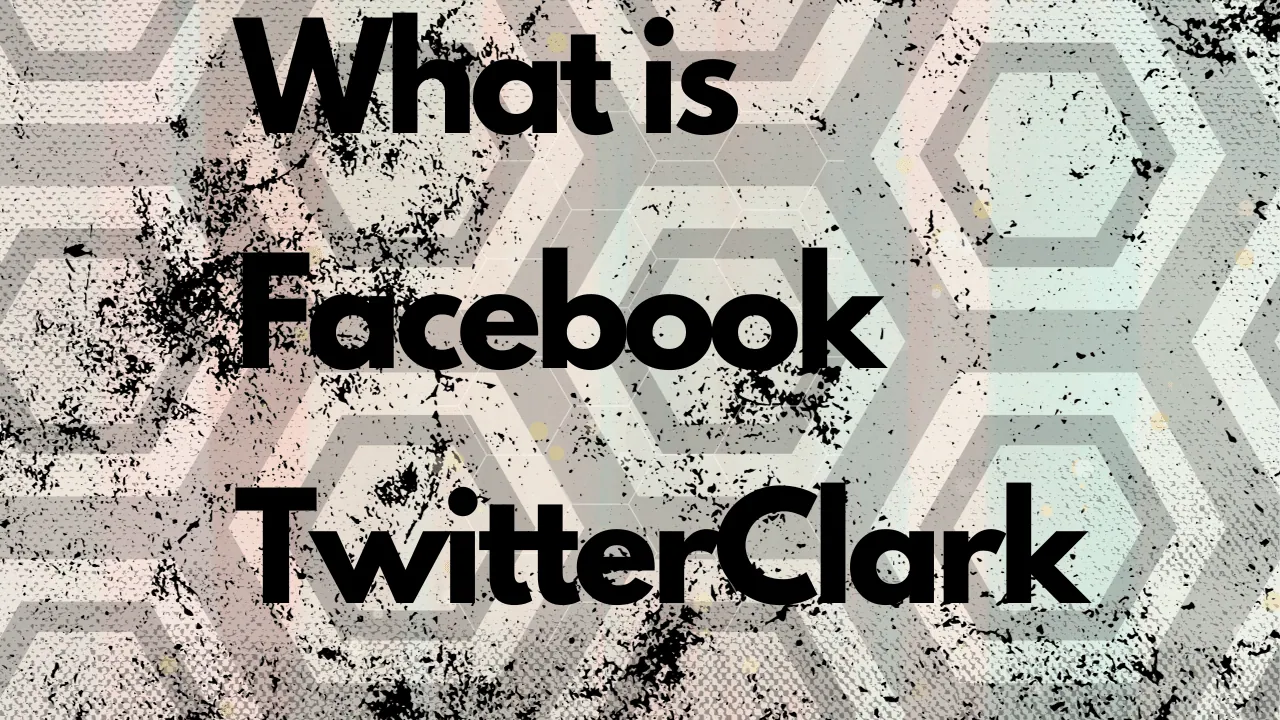A social media footprint is the trace you leave on social media platforms. It includes everything you post, share, like, and comment on. It also covers the information others share about you. Your footprint shows how you interact online and the kind of digital presence you have.
It affects how others see you, including potential employers and friends. A positive footprint can open doors to new opportunities, while a negative one might close them. By understanding and controlling your footprint, you can protect your privacy and ensure that your online presence reflects who you are in the best possible light.
Table of Contents
Components of a Social Media Footprint
- Personal Information: This includes any details you provide about yourself on social media platforms. It can range from basic information like your name, age, and location to more specific details such as your job title, education, and personal interests. This information helps others understand who you are and can be used to form a first impression. Be mindful of what you share, as it can impact your privacy and how you are perceived online.
- Online Activity: This encompasses all the actions you take on social media. It includes the content you post, whether it’s text, images, or videos, as well as what you share with others. It also covers your likes, retweets, and comments on posts. Your online activity reveals your interests, opinions, and how actively you participate in social media communities. This activity contributes to the overall image you present to the world.
- Engagement and Interaction: This involves how you connect with others on social media. It includes the conversations you have through comments or messages, the groups and communities you join, and how you respond to other people’s posts. Your engagement level can indicate your social influence and how you build relationships online. Positive interactions can enhance your reputation, while negative or minimal engagement might affect how others view you.
Impact of Social Media Footprint
On Personal Reputation
Your social media footprint significantly affects how people perceive you. Positive content and interactions can enhance your reputation, showcasing your skills, achievements, and personality. Conversely, negative posts or controversial comments can damage your image and lead to misunderstandings or negative judgments from others.
On Professional Opportunities
Employers and professional contacts often check social media profiles to learn more about candidates and network connections. A strong, positive social media presence can create opportunities for career advancement, networking, and professional growth. On the other hand, a poor or unprofessional online footprint can limit job prospects and hinder career development.
On Privacy and Security
Your social media footprint can impact your privacy and security. Sharing personal information and details about your location can make you vulnerable to identity theft, scams, or unwanted attention. It’s crucial to manage your privacy settings and be cautious about what you share to protect your personal and financial information.
Managing Your Social Media Footprint
Privacy Settings and Controls
Adjust your privacy settings on each social media platform to ensure that your personal information is protected. Most platforms allow you to customize who can see your posts, send you messages, or view your profile. Set your accounts to private or restricted access, and be cautious about accepting friend requests or messages from unknown individuals. Regularly review your settings, especially after platform updates, to maintain control over your online visibility.
Content Management
Carefully consider the content you post, share, and engage with. Avoid sharing sensitive information such as your home address or financial details. Be aware of how your posts might be perceived by others and how they reflect on you. Periodically review your social media history and remove outdated or controversial posts that might negatively impact your reputation. Use platform tools to schedule posts and manage content to ensure consistency and appropriateness.
Monitoring and Analytics Tools
Using social media monitoring tools to track mentions of your name, brand, or other relevant terms. These tools can help you stay informed about how your content is being received and any potential issues that arise. Analytics tools provide data on your engagement rates, audience demographics, and the performance of your posts. Regularly analyze these metrics to understand your social media impact and adjust your strategy accordingly to improve your online presence.
Strategies for a Positive Footprint
Building a Professional Image: Craft a professional and consistent online image by sharing content that highlights your expertise, achievements, and interests relevant to your field. Use your social media profiles to showcase your skills and accomplishments in a way that aligns with your career goals. Ensure that your profiles are up-to-date and present you in a positive light, reflecting your values and professional identity.
Creating Positive Content
Share content that adds value and promotes positive interactions. This can include educational posts, helpful tips, inspiring stories, and positive feedback. Engage in meaningful conversations and contribute to discussions in a constructive manner. Avoid posting negative comments or content that could be perceived as controversial or offensive.
Engaging with Your Audience
Actively engage with your followers and connections by responding to comments, participating in discussions, and showing appreciation for positive interactions. Building a genuine connection with your audience can enhance your reputation and foster a supportive online community. Be authentic and approachable in your interactions, and show respect for differing opinions to maintain a positive online presence.
Risks and Challenges
- Negative Publicity: A significant risk of social media is the potential for negative publicity. Missteps, controversial opinions, or poorly received posts can lead to backlash or damage to your reputation. Negative comments or reviews can spread quickly, affecting how others perceive you. Managing this risk involves being mindful of what you post and addressing any issues proactively and professionally.
- Data Breaches and Identity Theft: Social media platforms can be targets for cyberattacks, leading to data breaches and potential identity theft. Personal information shared online can be exploited by hackers or scammers. To mitigate this risk, use strong passwords, enable two-factor authentication, and be cautious about sharing personal details that could be used to compromise your security.
- Misinformation and Misuse: Social media can spread misinformation rapidly. Your content might be misinterpreted or used out of context, leading to misunderstandings or reputational damage. Additionally, others may misuse your content or personal information. To address this challenge, verify the accuracy of information before sharing, and monitor how your content is being used and represented online.
Conclusion
Managing your social media footprint effectively is crucial for maintaining a positive online presence. By building a professional image, creating positive content, and engaging thoughtfully with your audience, you can enhance your reputation and open up new opportunities.
It affects your reputation, professional opportunities, and overall privacy. Being aware of the risks, such as negative publicity, data breaches, and misinformation, allows you to take proactive steps to protect yourself and your image.






